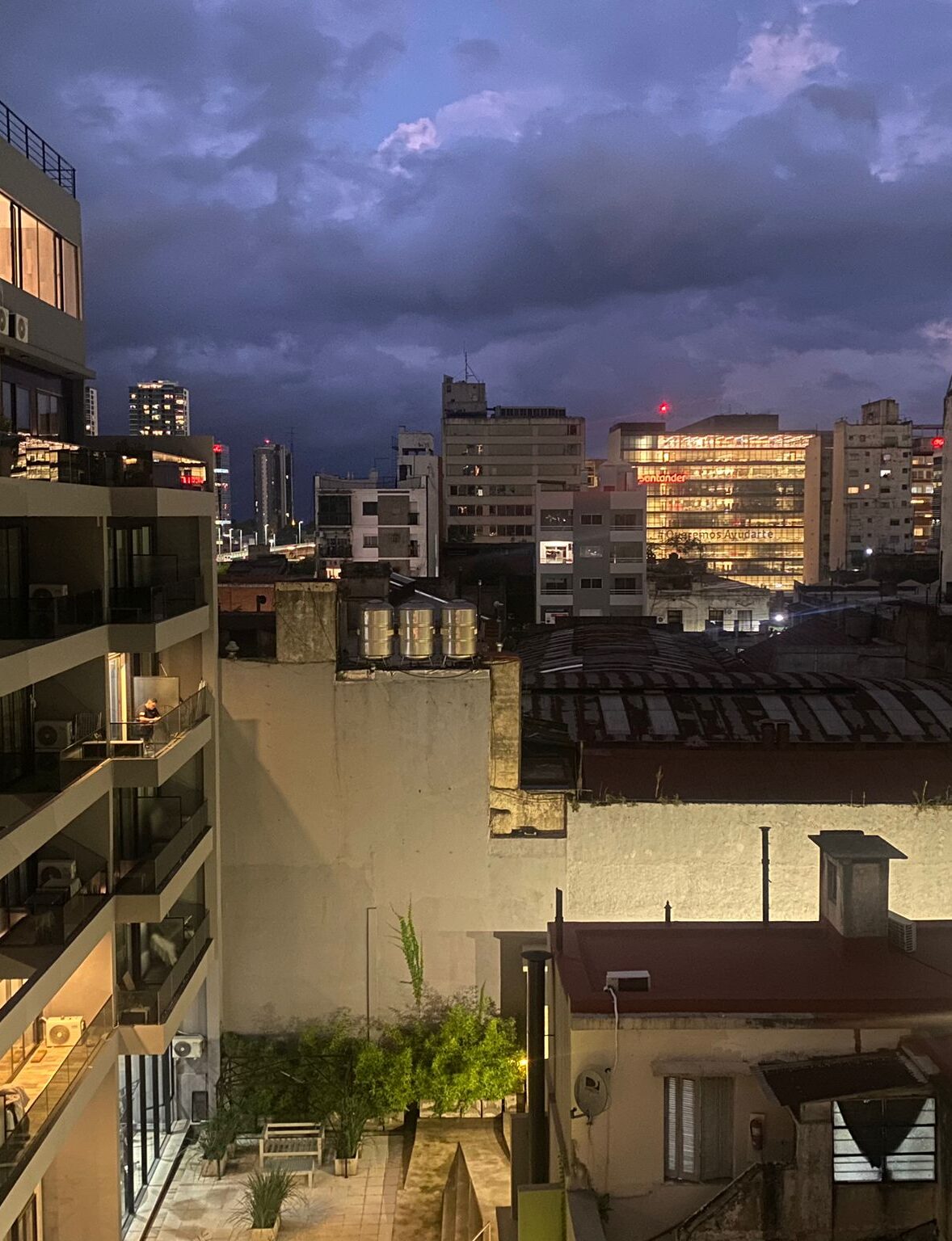
My mother’s last remaining sibling is dying, and quickly, it now seems. I received the call last night from my mom and exchanged emails this morning with my cousin but didn’t really have time to think about it until the subway ride in from Brooklyn to Grand Central this morning.She is walking, still, and planning a trip to the San Diego beach in June (it keeps Eros alive, my uncle once told me with a wink, and in a case of too-much-information to share with a niece) but one eye won’t quite open and her speech isn’t coming out correctly and the body of my aunt Stana seems to be collapsing, her skin folding over itself, in response to the cancer.
And this means that soon, my mother will be the only one left who remembers those early days in the hills around Bisbee, the old woman who passed warm tortillas through the window, the grandmother named Masha who said “Speak Slav!” the mother who took a teaching job late because the fourth child came, the father who wore a kilt and then got sloppily, romantically drunk and sung his wife’s praises, making her giggle like a schoolgirl, the great-aunt who always told the doctors: “nothing, NOTHING below the waist,” the love letters the three sisters shared with each other, laughing quietly and, I imagine, sometimes reading aloud the words written by men who later became their husbands, and by men who did not.
I worry about the impact on my own mother’s health of this loss, when it comes. I remember how sick she got after Maxine died, and when I arrived, how she flung back her head and squeezed her eyes tight as if to forbid the tears that seeped out anyway.
Stana has been a favorite aunt, like Jean on my father’s side. Very early on I knew, and I think Jean did too, that we were the same in very elemental ways: she was independent and fuck-you tough (though she would never have said those words, like I do) sliced with the softest tenderness one could imagine, the two impulses spooning in one soul. Stana, though, was the one I imagined going to if I ever got in such serious trouble that I couldn’t take to anyone else. Call her in the middle of a night with a problem, and she will tell you to come over, and together you will come up with a solution, quietly, without drama or judgment. Though I never needed it, I knew it existed–an insurance policy against mistakes too horrible to look at closely. And of course my first memory of my life is of being passed around in the arms of these three women, my mother Arra, her older sister Maxine, her younger sister Stana, the company and comfort of bouncing, talking, living women.
All this I was thinking about as the subway carried me to work, and I felt the pressure of emotion I knew I had no time for. And then, at 14th Street, two women got on–one black with two nose rings, the other blonde, both wearing glasses. They stood close to me where I sat, their hands found one another and in direct line of my eyes they wove together their fingers in an affection so simple and real that it made me catch my breath and look up to smile at them, though I’m sure they had no idea why some stranger on the crowded subway suddenly tried to catch their gaze, grinning. It was because of the gift they gave me. Unpredictably, unexpectedly, looking at those entwined hands, I took comfort. At least for a moment.
Masha Hamilton is the author of five acclaimed novels, most recently What Changes Everything, published in 2013.
Photo by Flickr Creative Commons user runnx




